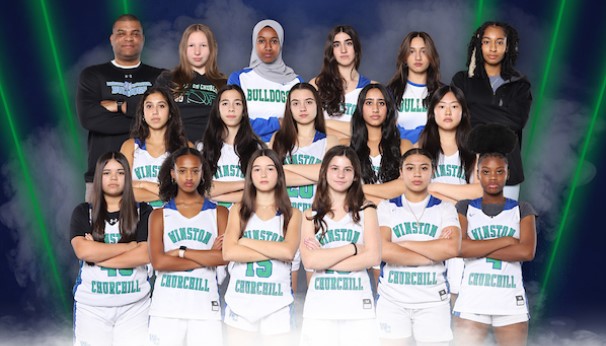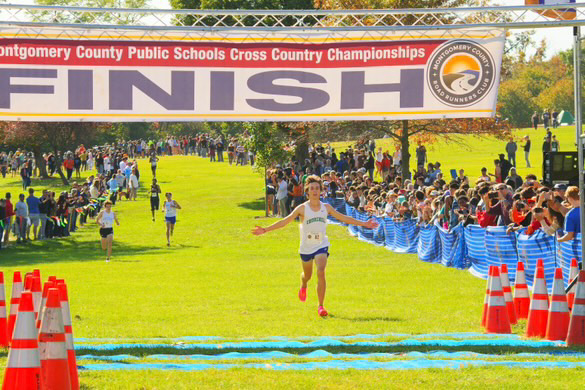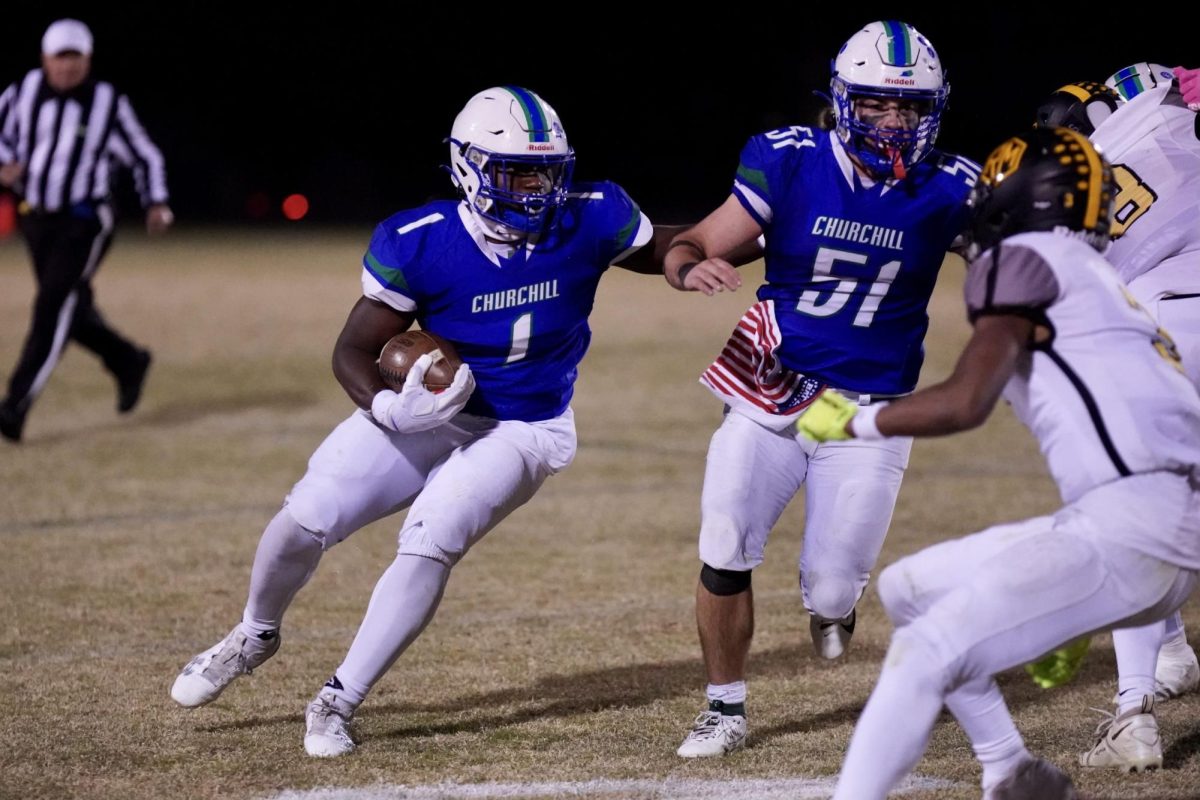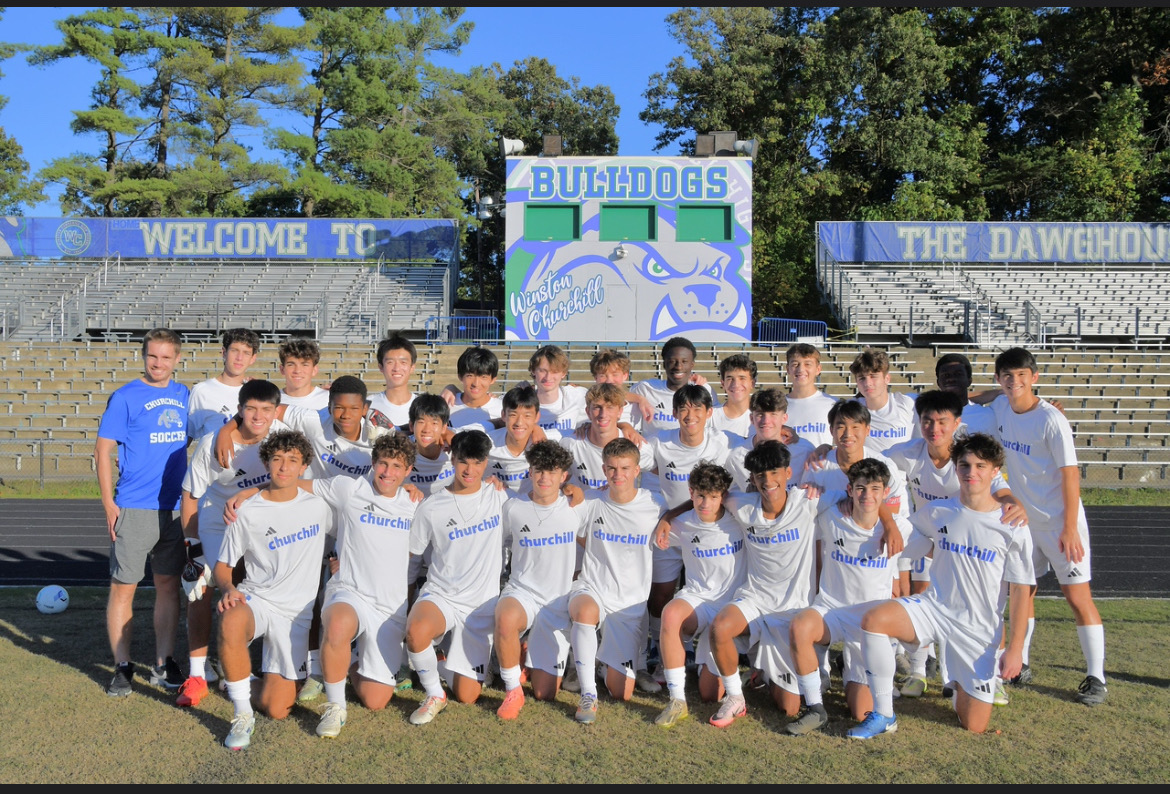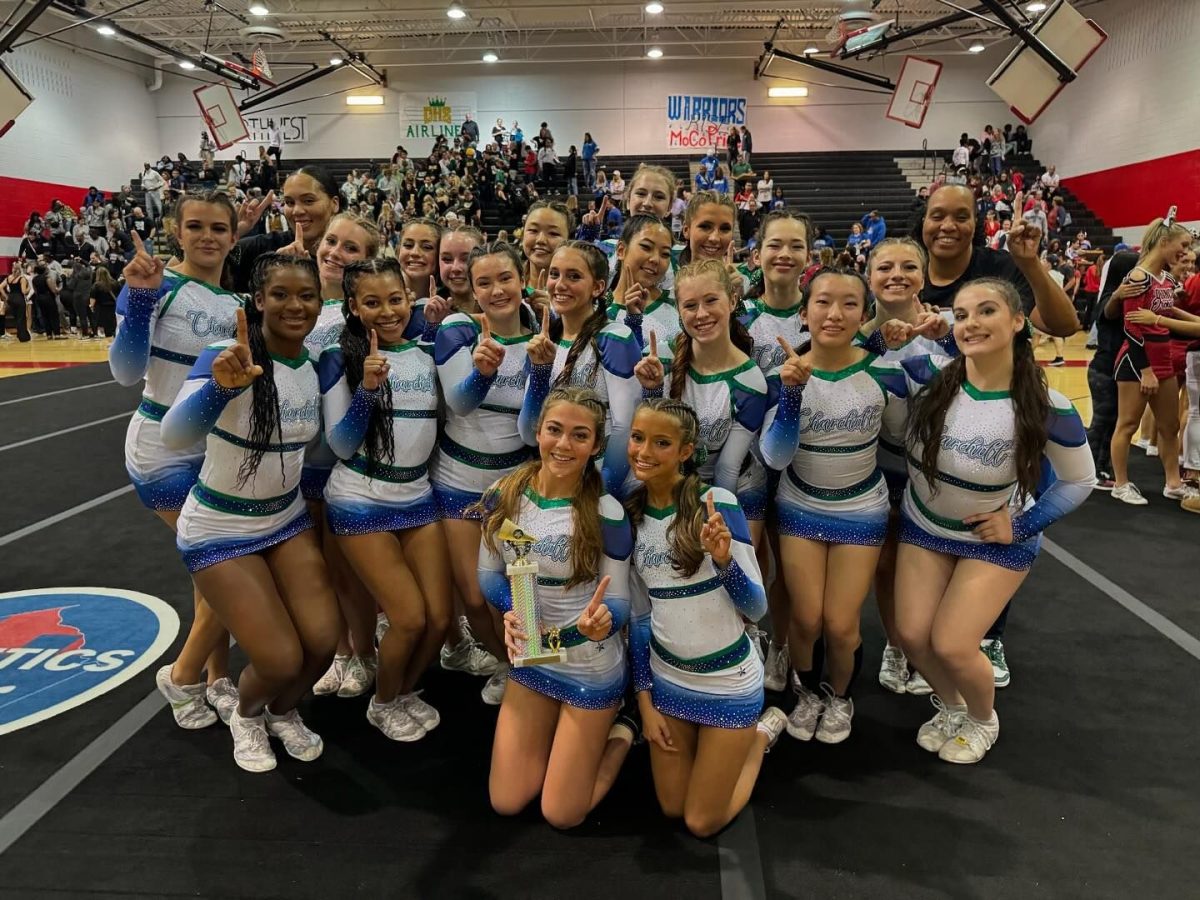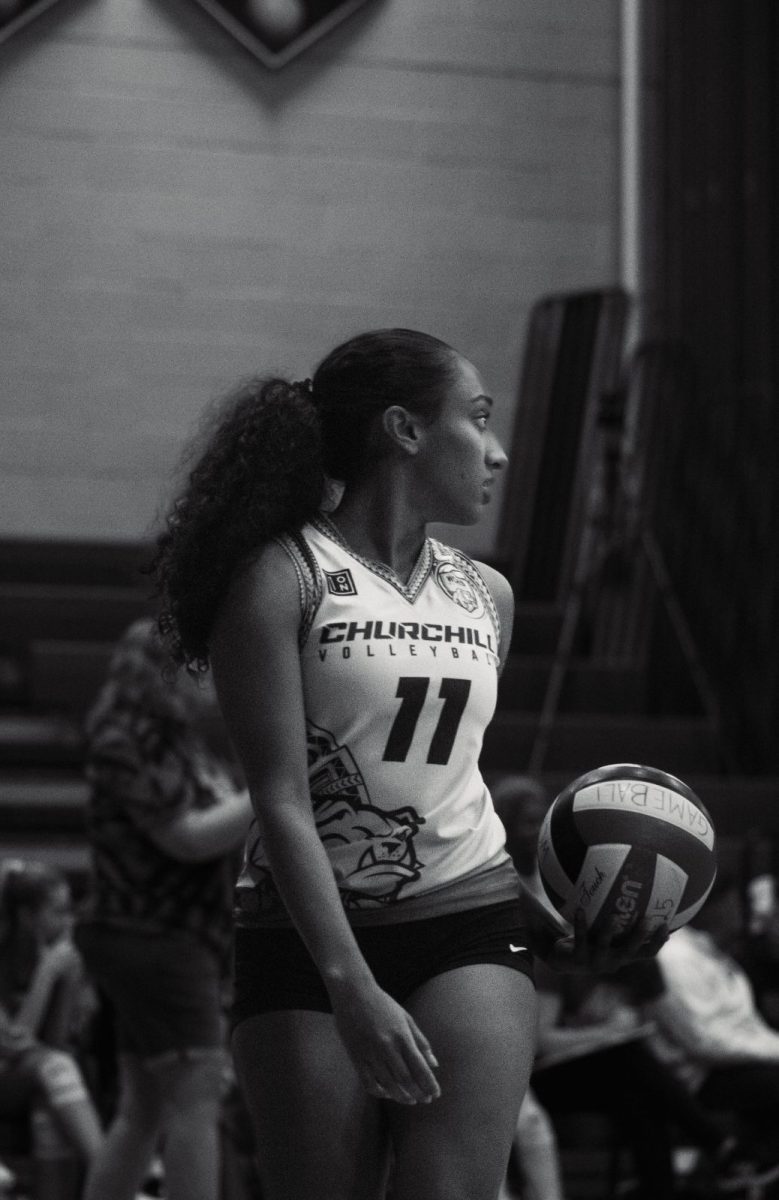Whether it is from a blow to the head or a violent shake of the body, a concussion alters the way the brain functions.
Concussions are one of the leading sports injuries, and can happen from any high school sport, especially the contact ones such as soccer, football and lacrosse. As of this year, MCPS is requiring that all high school athletes take a concussion baseline test before the fall season.
“The tests are a tool that can be used to help an athlete following a concussion or suspected concussion,” athletic director Scott Rivinius said.
Although CHS has been testing athletes in previous years, this is the first year that the test has been county-funded and required for athletes of all sports.
“Concussions have occurred in sports that you would think they wouldn’t,” golf coach Mike Fisher said. “It is better to cover all possibilities than to second guess in the event of that rare occurrence.”
With a rapid increase in the number of diagnoses, concussions are becoming an issue that spans from high school sports to the professional level.
There has been much debate in professional football on the safety of helmets, and recently three college football players have sued the NCAA for improper treatment of concussions.
The players claimed that they continued to experience ongoing headaches, memory loss, depression and dizziness after suffering concussions, and they denied a settlement with the NCAA.
According to Rivinius, the program, which is good for two years after being taken, is done by ATI Sports Medicine, a different company than the one used in previous years, and it has received support from coaches.
The test is a series of memory, reaction time and attention span drills that can be done on any computer in about 25 minutes.
With the threat of a second concussion and serious brain damage being even more dangerous in the time after an athlete receives the initial blow, the test displays the differences in the brain before and after the concussion. The results can be read by a specialist to determine the severity of the concussion and the recovery time needed before a safe return to play.
Junior Dani Weinberg has received two concussions in her careers playing for CHS field hockey and lacrosse.
“I took the baseline test the day after it happened and it showed that I was suffering from a pretty bad concussion because a lot of my scores were significantly worse,” Weinberg said. “Overall the baselines were really helpful for my doctor and I to figure out what type of treatment I needed and how much school was necessary to miss.”
A severe concussion can put an athlete on the sidelines for weeks and cause permanent brain damage.
“MCPS and others have much at risk,” Fisher said. “In today’s society we are pushed to extremes to protect our athletes and limit our liability.”


